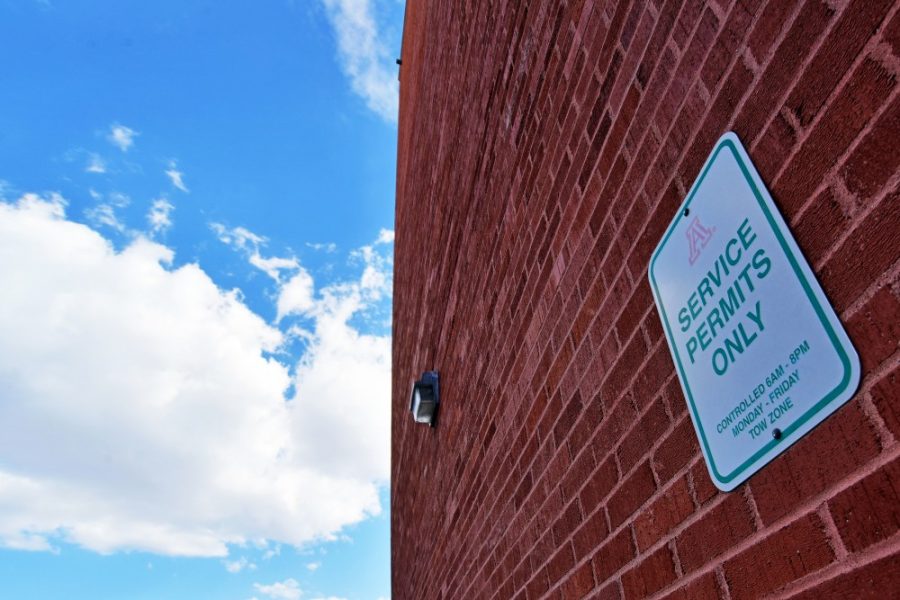The high traffic and parking fines seen in Tucson serve to create an unfair burden on the less affluent members of society, and should be lowered.
Many of us know the awful feeling of walking back to our car after a long day and seeing a small piece of paper tucked under the windshield wiper.
On the walk over, between the time we see the note and the time we read it, we quickly go through the five stages of grief.
Denial that we received a ticket. Anger at the city for asking for over $100 just for parking on a city street that our tax dollars helped pay for. Promises to ourselves that we will never illegally park again. Depression that we may have to dip into our savings or tighten the belt for a bit to pay for this, and, finally, acceptance.
For some, the last stage of grief can be particularly difficult to reach, especially knowing that the roughly $125 ticket for parking within 15 feet of a fire hydrant will devastate their budget. An individual who earns $8.05 per hour—the Arizona minimum wage—would be required to work nearly 16 hours in order to pay off the ticket. Conversely, an affluent member of our society who earns $100 per hour would have to work just over an hour in order to pay off the same ticket.
Parking and traffic violations work as a tax, which places a far greater burden on lower income families and individuals than it does on their wealthy counterparts.
While it’s likely that proponents of parking fines and violations would point out that they are largely avoidable and serve only as a punishment for those who do not follow the laws of the roads, the city is reliant on the money it collects from fines and tickets. It has a real and vested interest in citizens not following those simple vehicular rules.
RELATED: This election season, vote local
The city of Tucson collected $14.8 million in fines and forfeitures last year, with the lion’s share coming from traffic and parking violations, according to the city’s adopted budget for fiscal year 2015. That same year, the city had a general fund of $476.9 million, meaning that roughly 3 percent of the city’s revenue came from traffic and parking violations.
The city is most likely well aware of the fact that these fines fill a sizable part of its budget, as evidenced by the comparatively high parking fines. While parking within 15 feet of a fire hydrant costs $125 in Tucson, the same violation runs only $86 in Phoenix and just $40 in Scottsdale. Those are nearly 50 and 200 percent increases, respectively.
While the fines associated with parking violations have gone down considerably in recent years—in 2014, the cost of parking within 15 feet of a fire hydrant was $188—the fine still has a long way to fall before it can be considered fair and reasonable.
The city has a duty to its citizens to lower the fines associated with parking and traffic violations and should resolve the difference by adjusting tax brackets instead of bankrupting Tucson’s lower class for parking their cars in the only place they can.
Follow Jackson Morrison on Twitter.









